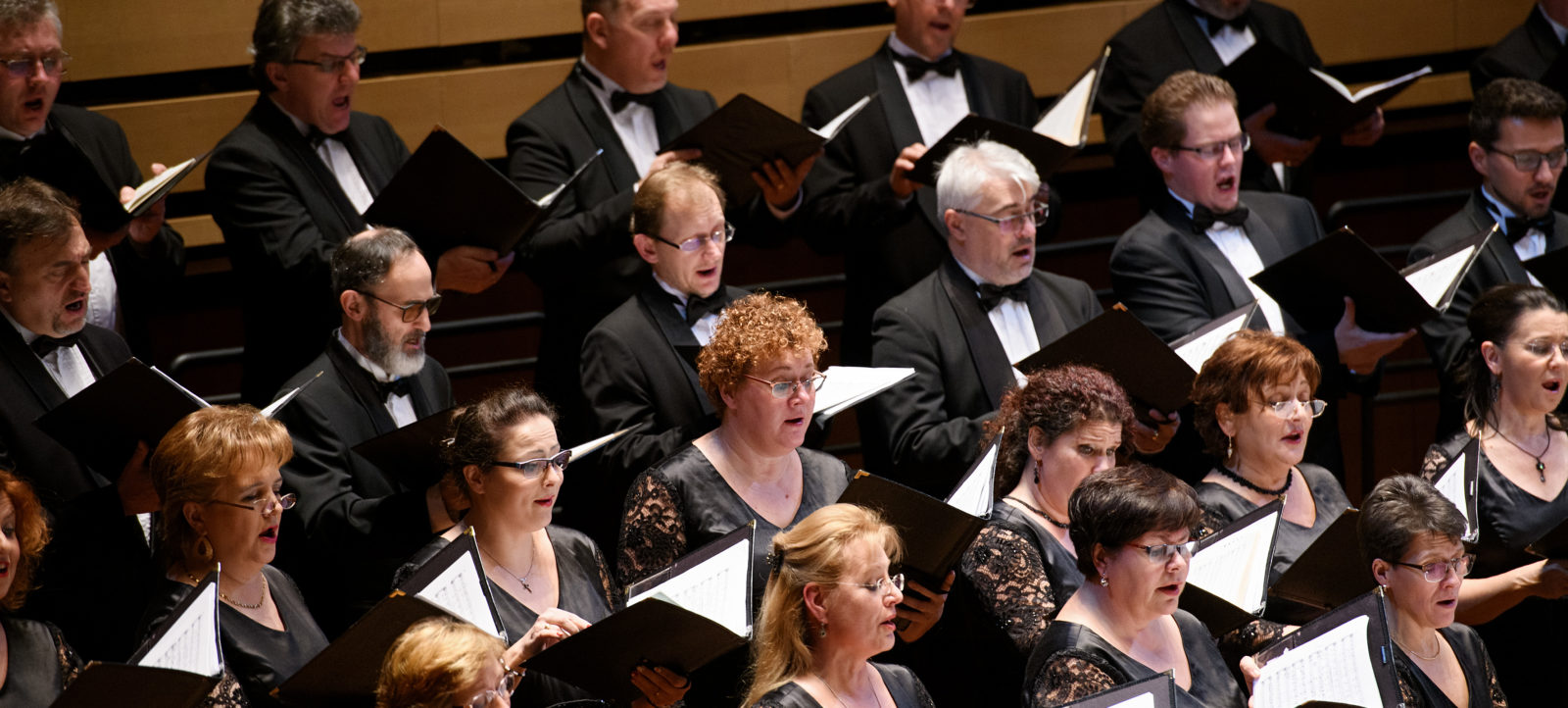
Budapest
The Knight of the Ice Fields
Pászti season ticket 4
Hungarian National Philharmonic Orchestra
Artists often get involved in politics. The famous Soviet film director Sergei Eisenstein, for example, was certain that the authorities would find nothing to object to in his film Alexander Nevsky (know in Hungary by the title The Knight of the Ice Fields). After all, the film was about patriotism and the “battle on the ice” of the frozen Lake Peipus, in which Alexander Nevsky, the prince of Novgorod defeated the army of the Teutonic Knights in 1242. Except no sooner was the film completed than the Molotov–Ribbentrop Pact was concluded. Suddenly, it was Wagnerian music that was being performed in the Bolshoi Theatre, and the film was banned. Then the political landscape shifted again, and the film re-emerged – to be hailed as a masterpiece. After months of anxiety, the composer could now rejoice too. Sergei Prokofiev created a large-scale cantata out of his own film music, and lo and behold, this too would earn acclaim. That is, at least until the apparatchiks of the Communist Party started to attack him again.
Tchaikovsky most certainly had a better time of it. His 1812 Overture, with a parody of the Marseillaise, was a success in Russia, and almost remained that way. The reason for the “almost” is because, at the same time, the comrades of the party disliked any melody that was linked to the tsar. And they clearly had no love for the Moscow Cantata, either. It is a very patriotic piece, commissioned for Tsar Alexander III’s coronation in 1883. It goes without saying that one was forbidden even to mention it in the mighty Soviet Union. But Tchaikovsky was fortunate enough not to have lived to that time.

